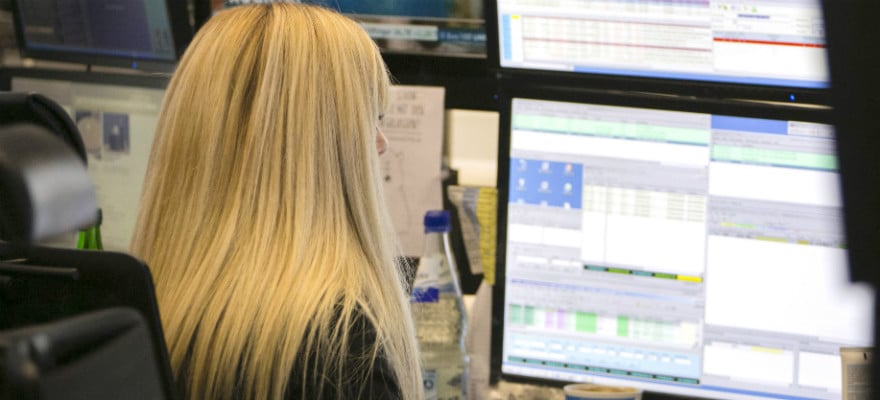Robinhood investment app, mostly used by millennials to trade stocks and cryptocurrency, experienced a system-wide outage, and clients are having difficulties accessing their accounts due to higher-than-usual trading volumes.
Although Robinhood provided few specifics, there were widespread complaints from customers who could not get into their accounts online. Complaints also included either slowness or lack of access to certain features, as well as problems trading some asset classes on the no-fee app. Others said they could not see their account balances.
US stocks bounced back on Monday after suffering their deepest losses in many years amid the damage caused by the novel coronavirus outbreak. Market participants were somewhat put at ease today after major central banks, including the Fed, promised to provide ample Liquidity to ensure economic resilience and stability in financial markets.
“We are experiencing a system-wide outage. We are working to resolve this issue as soon as possible. Your portfolio information is not available right now. Please check back later,” Robinhood said in a message to clients on Twitter.
Some customers who reported that they had troubles or technical difficulties with access to their investment accounts shared their fury on social channels.
What's your compensation plan for your userbase? How will you make up for all the losses due to the delay in functionality? Answer that.
— Vivek Sevak _TLSM (@vivek_sevak_313) March 2, 2020
Sorry doesn't help when we are literally hemorrhaging money.
— Ryan (totally not a Russian bot) ? (@workingXclass) March 2, 2020
Robinhood fined over Execution lapses
The lack of access and trouble trading also comes during a stressful week for other US brokers. Fidelity, TD Ameritrade and Charles Schwab, experienced similar issues last week also amid heavy trading volumes.
In December 2019, the Wall Street regulator fined Robinhood $1.25 million in a civil action for not getting the best execution price for customer equity orders and failing to supervise the process properly.
The Financial Industry Regulatory Authority (FINRA) said the disciplinary case stems from an arrangement known in the brokerage industry as ‘payment for order flow’ between October 2016 and November 2017.
This controversial practice is a major part of Robinhood’s business and involves selling customer trades to certain trading firms. The popular millennial stock-trading app routed its customers’ non-directed equity orders to four broker-dealers, all of which paid Robinhood for that order flow, said Finra.

















